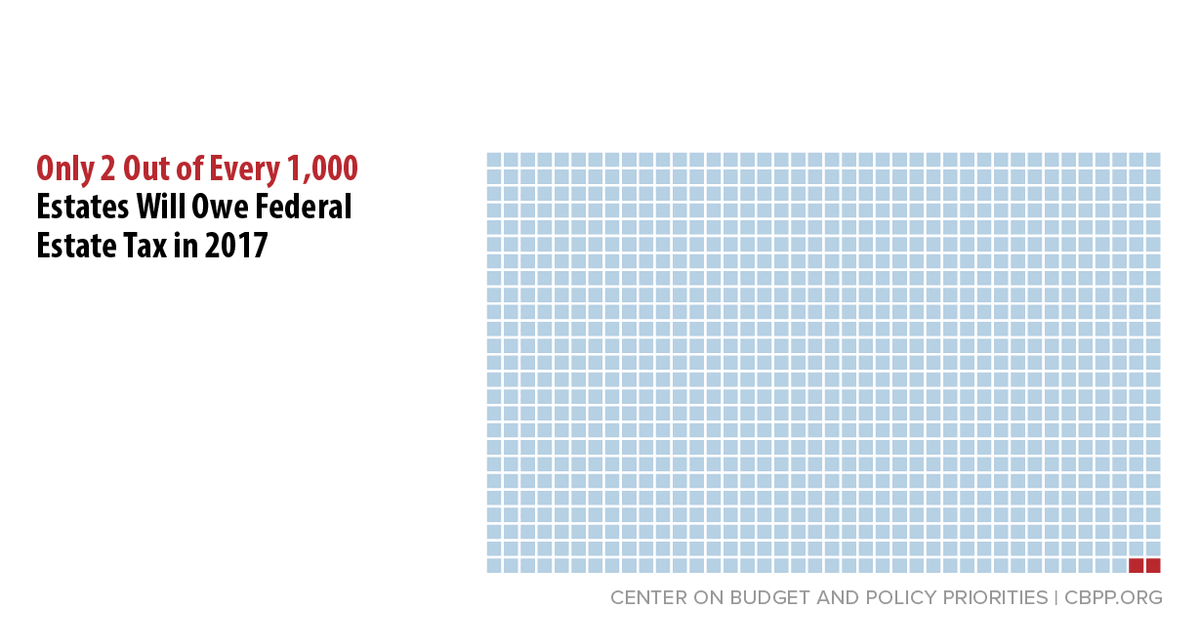- Joined
- Apr 13, 2011
- Messages
- 469
- Reaction score
- 547
And what, specifically, do you disagree with?
The part I bolded, italicized, and underlined. I disagree with the belief that anyone got where they are by themself. If you want tax money to be spent in a different way, or for the tax system to be altered, then advocate and vote for policy change. If I avoid supporting the systems that have supported me (because I believe I got where I am by myself and don't see how they supported me) and supported those around me then I undermine the integrity and the quality of the society that I'm a part of.

